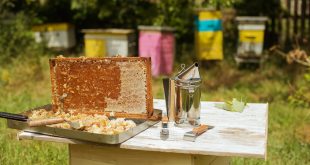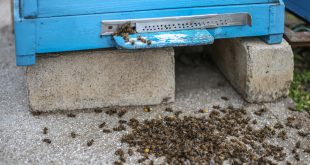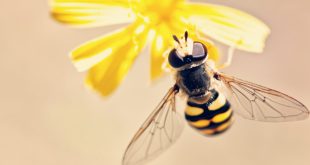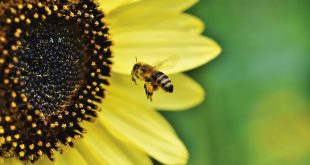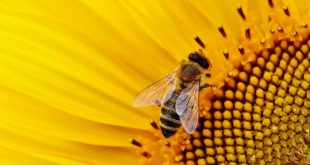Explore the ethical and environmental aspects of honey harvesting with our thought-provoking article. It addresses a common concern: Is harvesting honey harmful to bees? This piece provides a balanced view, discussing how responsible beekeeping practices can ensure that honey is harvested without negatively impacting bee colonies. Learn about sustainable harvesting techniques that prioritize the well-being of bees, contributing to both their health and the ecosystem.
Read More »Causes and Effects of Colony Collapse Disorder
Explore the critical issue of Colony Collapse Disorder (CCD) in our comprehensive article. CCD poses a major threat to honeybee populations and, consequently, global agriculture. Understanding the various causes and effects of this disorder is vital for beekeepers, environmentalists, and anyone interested in the health of our ecosystems. Dive into our in-depth discussion to learn more about the factors contributing to CCD and its far-reaching impacts.
Read More »Why Bees are Important
Discover the crucial role of bees in our ecosystem with our enlightening article. It delves into why bees are vital for pollination, supporting biodiversity, and maintaining the balance in nature. Perfect for anyone interested in environmental conservation and agriculture, this piece highlights the immense value bees bring to our world and the importance of protecting these essential pollinators.
Read More »The Ethical Harvesting of Honey
Explore the principles of ethical honey harvesting with our thoughtful article. It's a must-read for responsible beekeepers and honey enthusiasts who value sustainable practices. The guide delves into methods that prioritize the well-being of bee colonies, ensuring that honey is collected without depleting their essential resources. It also emphasizes the importance of maintaining a balance between human needs and the health of bee populations, advocating for practices that contribute to the overall sustainability of beekeeping.
Read More »Solutions to Save Bees – What is Being Done?
Join the global effort to save the bees with our article that outlines ongoing initiatives and actions. It's a crucial read for anyone interested in environmental conservation and beekeeping. The article highlights a range of strategies being implemented worldwide, from policy changes and habitat restoration to research on bee health and public awareness campaigns. These efforts are vital for preserving bee populations, which play an essential role in our ecosystems and agriculture.
Read More » BeeKeepClub Resources and Guides for Beekeepers
BeeKeepClub Resources and Guides for Beekeepers
